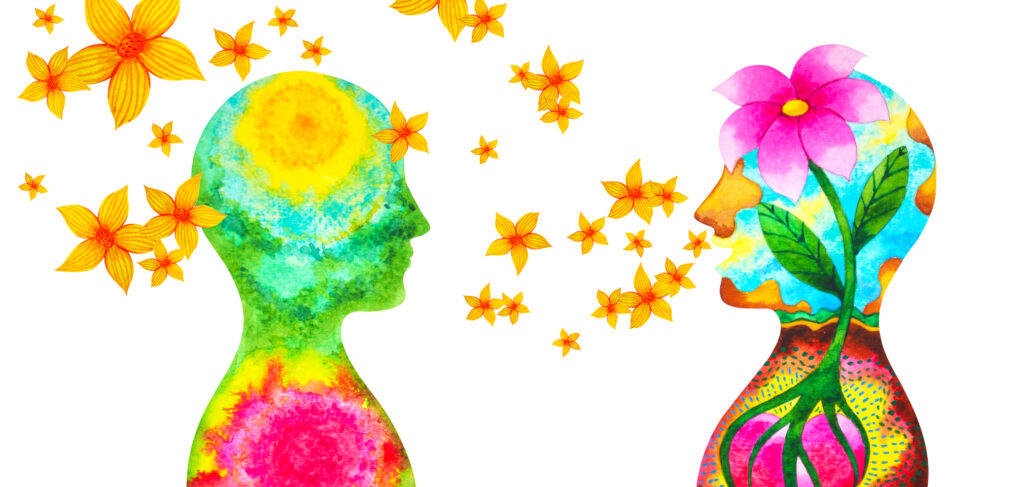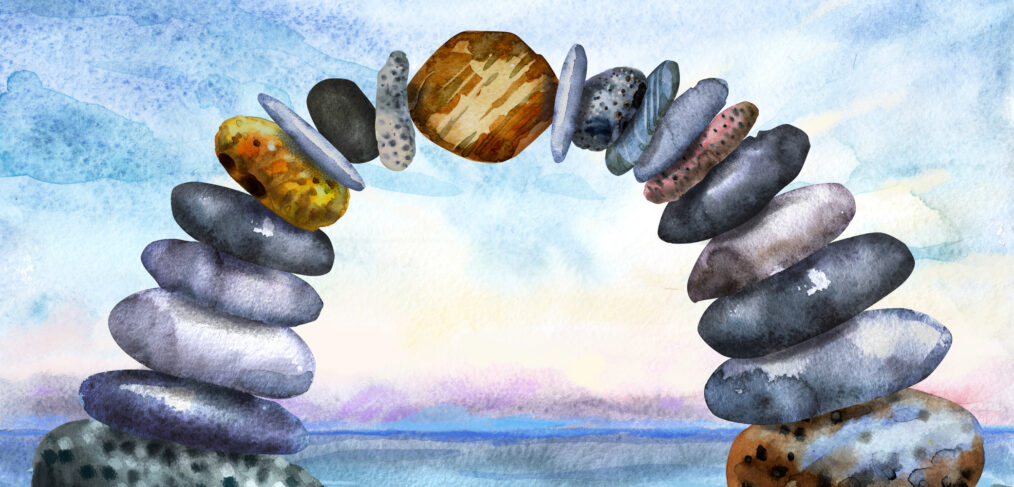So many people try to find stability in their lives and keep things going as they have been. They like to have a familiar routine, the same friends, and the same activities. There’s nothing wrong with this. Long-lasting relationships, routines, and traditions give people a sense of belonging, a feeling of home, and comfort. But it’s also essential to have the unfamiliar in your life. I know that doing different things and interacting with new people can provide a healthy jolt to the old psyche. I recently left a very long-term job and now work full-time on Blocks of Life. This experience has led me down a wonderful path filled with exploration and discovery. It literally fuels my dreams, which are constantly filled with new and different things because I’m always doing new and different things.
At the moment, I am making a concerted effort to live a healthier life—less drinking, healthier eating, and consistent exercise. Under “normal” circumstances, I can do that without too much temptation—typical working days, going to bed at a consistent time, and managing my energy. But when there’s a celebratory mood, or we have people over, or during a vacation or the holidays, the temptations are much more significant, and the rationalizations are easier.
How many friends do you have? Are they all created equal? The levels of connection that you have with people matter. How you behave around them, what you confide in them, and how much you ask of them matters. What you get from them also matters—how they make you feel, your experiences with them, and what you learn from them.
Holidays can be rough. Hectic schedules, finding gifts, family drama—it can be overwhelming. Stress is a common side effect of a season that is meant to be happy, celebratory, and fun. But where does that stress come from? It’s different for different people but may include unreasonable expectations, social anxiety, or loneliness. Instead of feeling joy, many end up feeling irritable, sad, or disappointed and can’t wait for it all to be over. But the holidays can be the joyful, exciting, and magical time they’re meant to be with just a few tweaks of your perspective.
One of life’s most important but most challenging aspects is achieving a state of balance. We are all eventually faced with a broad range of demands, passions, and responsibilities to which we cannot devote sufficient time or energy. We ultimately have to choose those activities that we either need or must spend more time with at the expense of others. You might base this on requirements or perceived requirements. You might disregard your responsibilities and focus on what you love, but regardless, at some point, you will have to choose what you do with your time.





